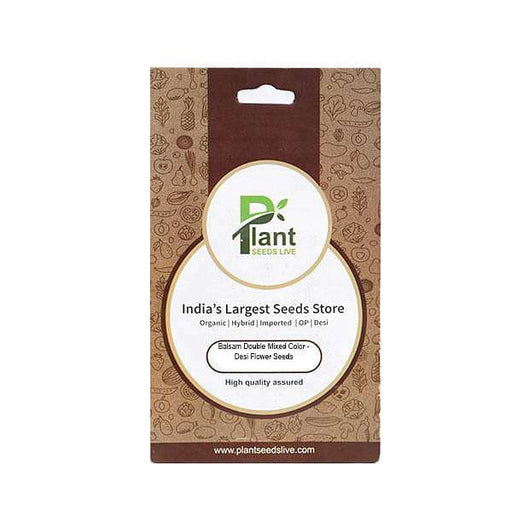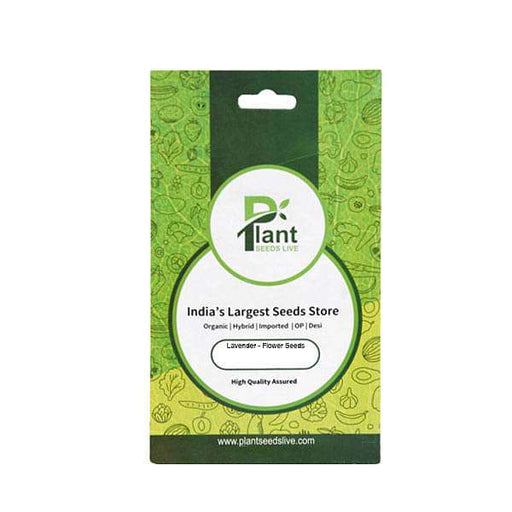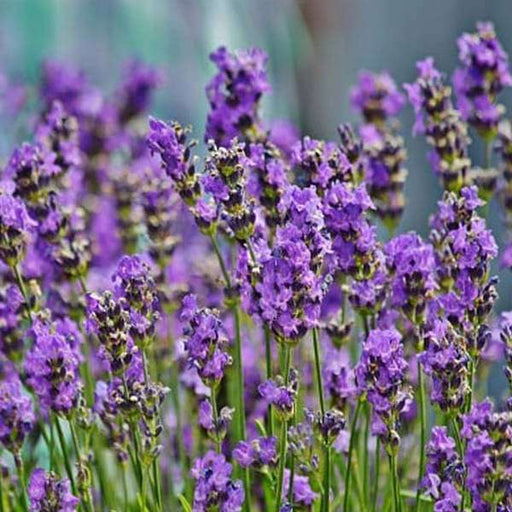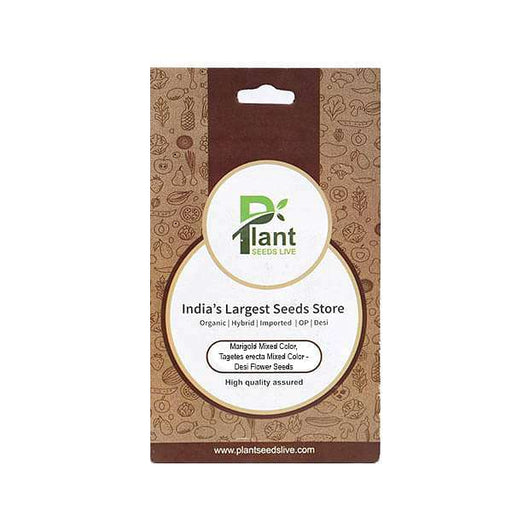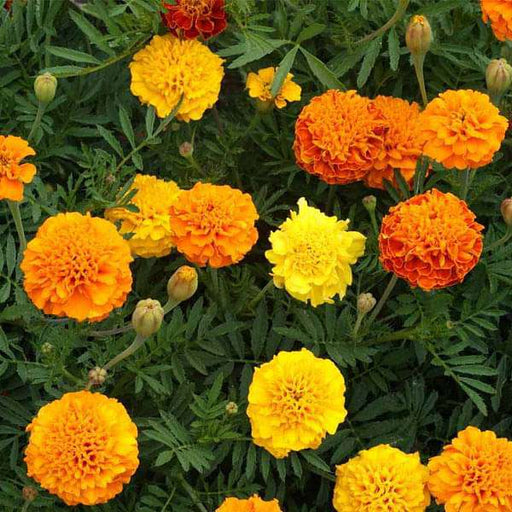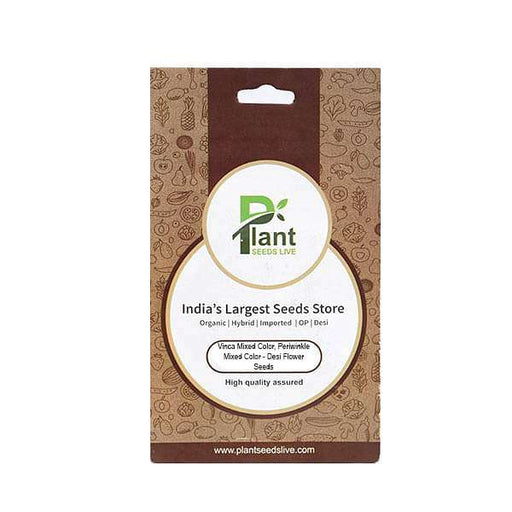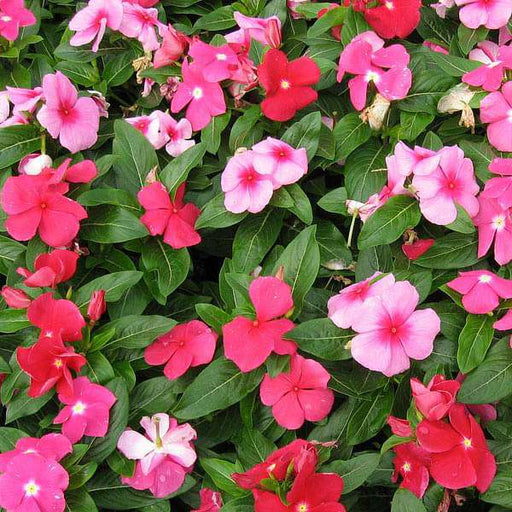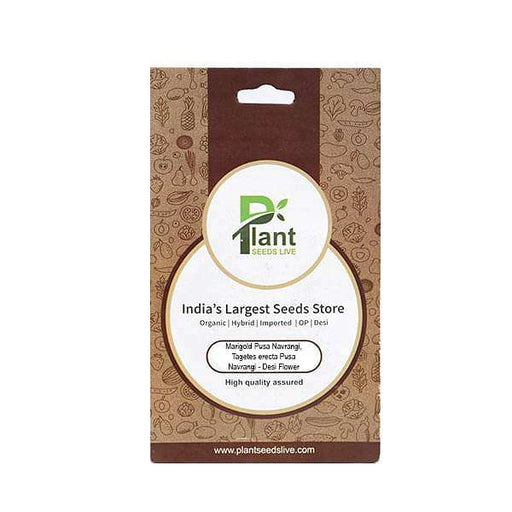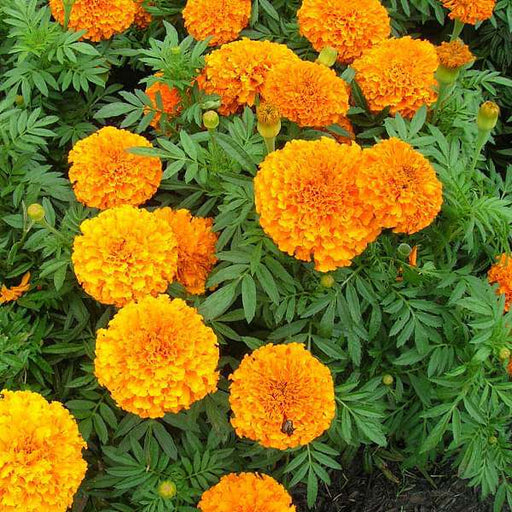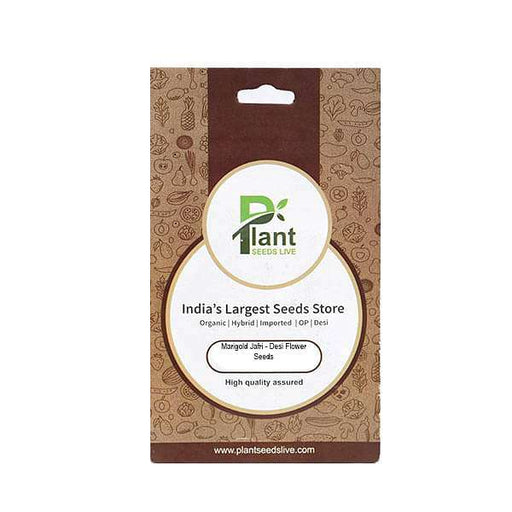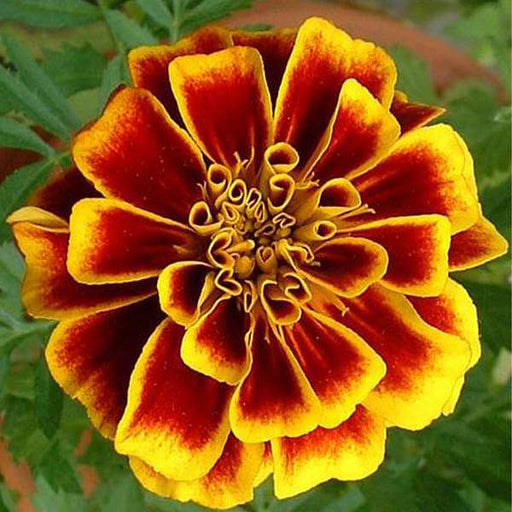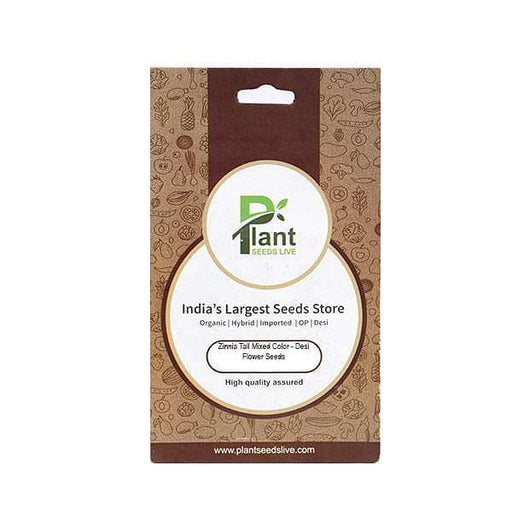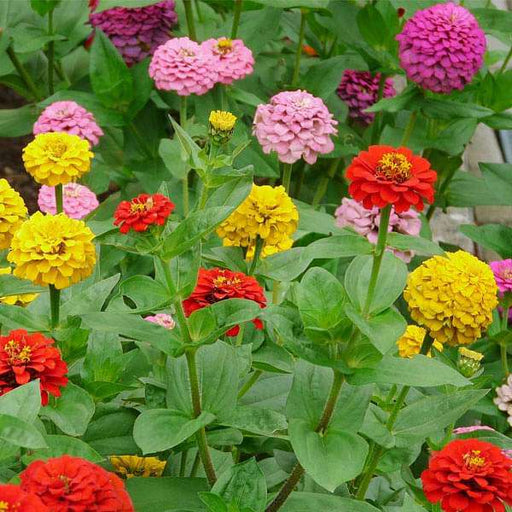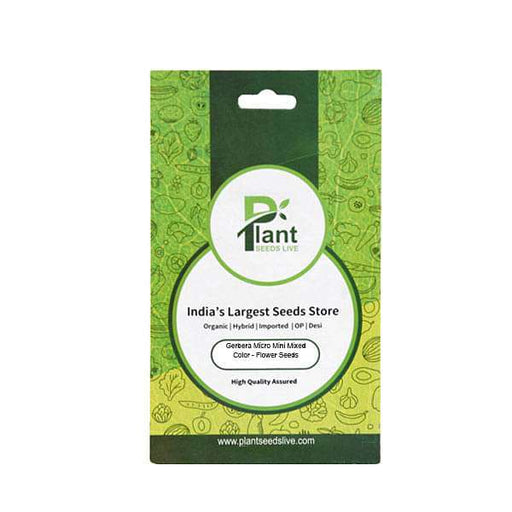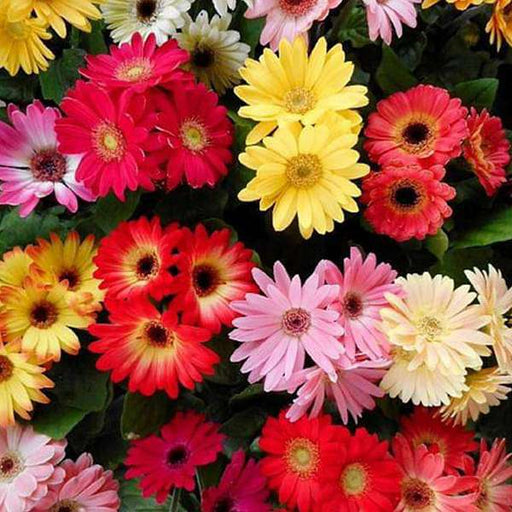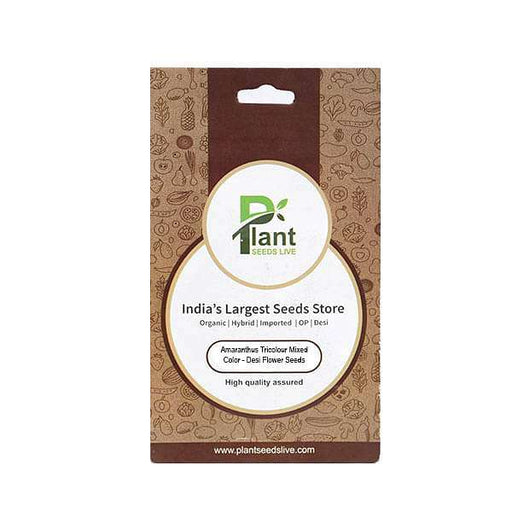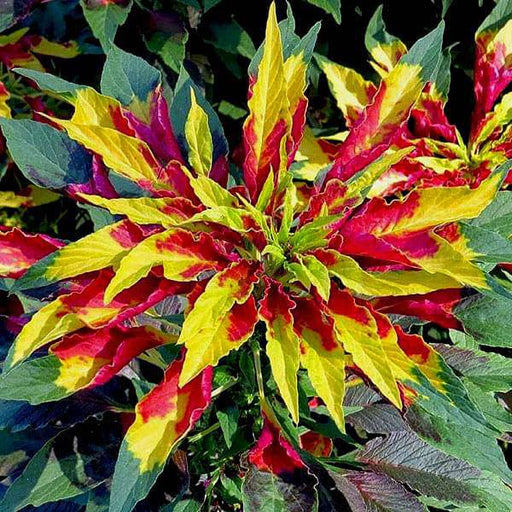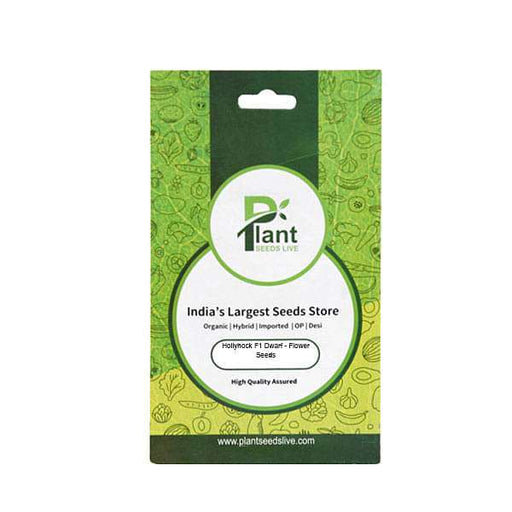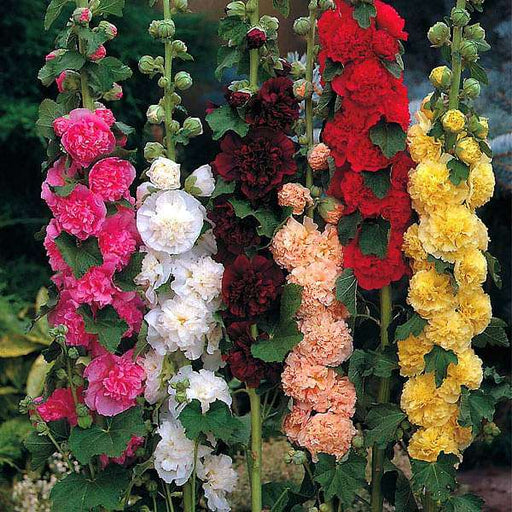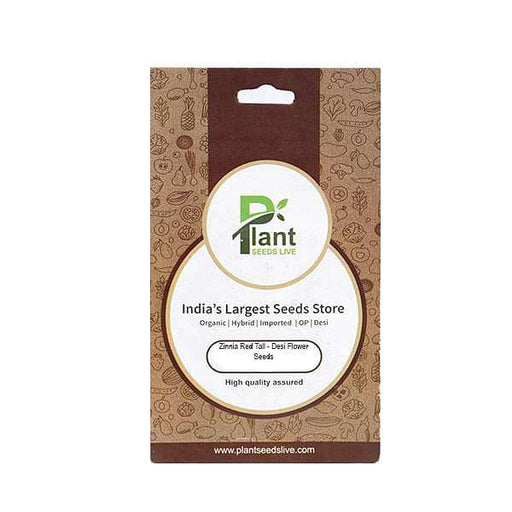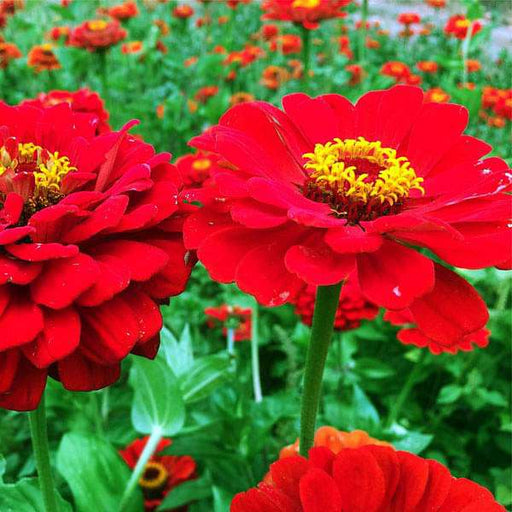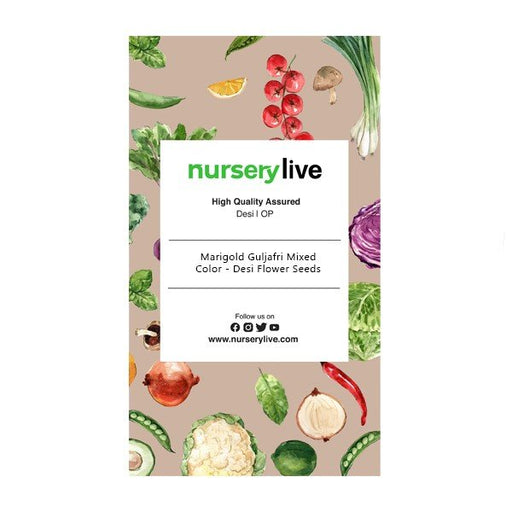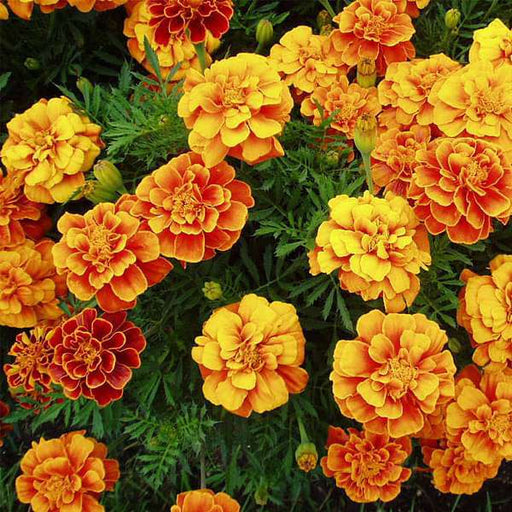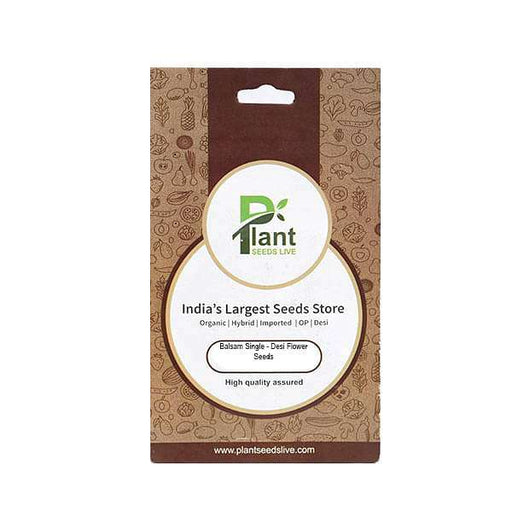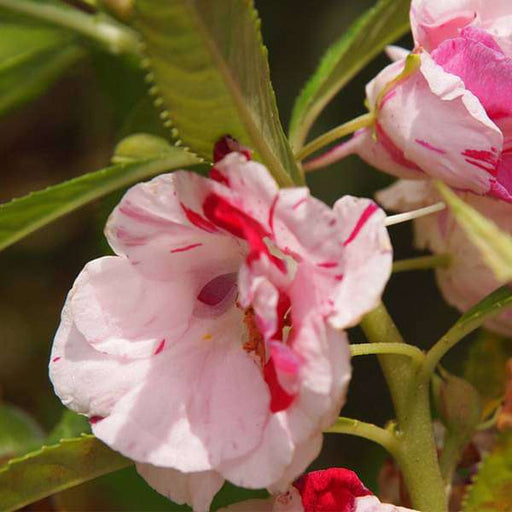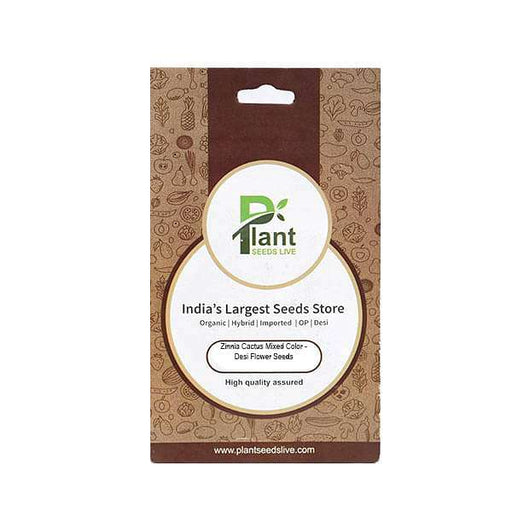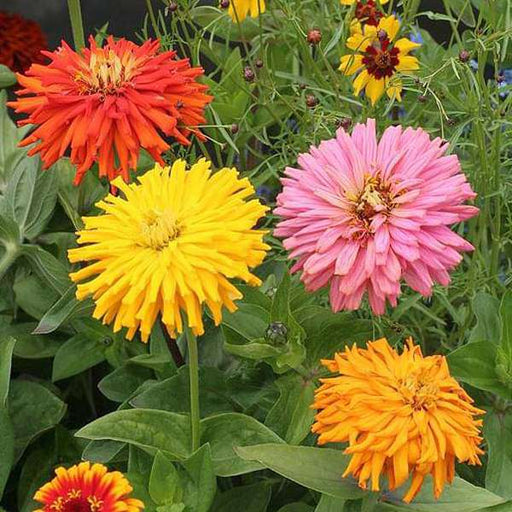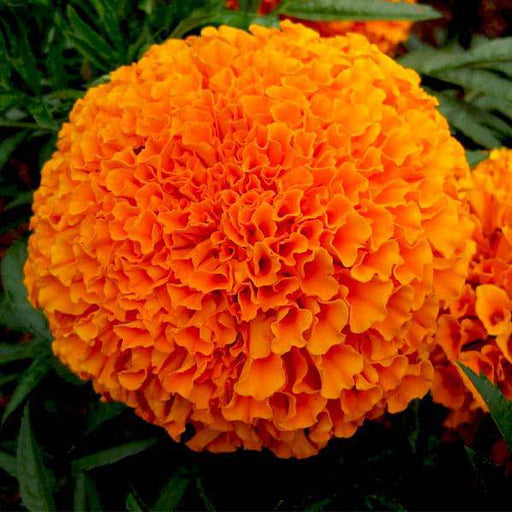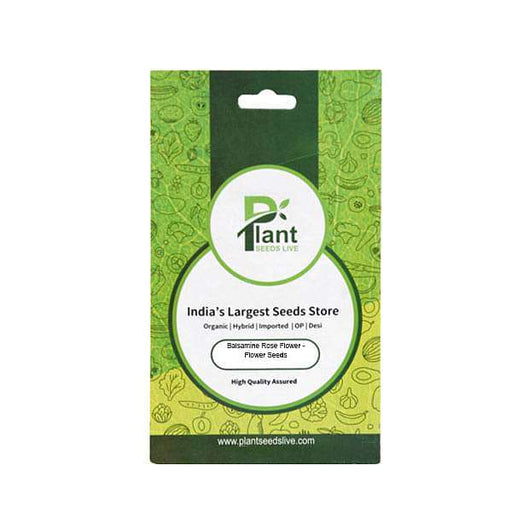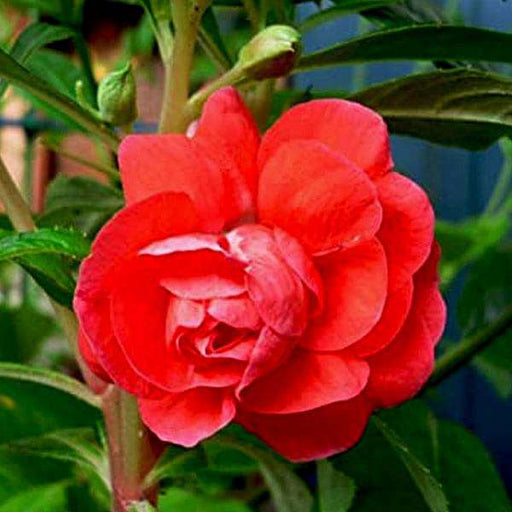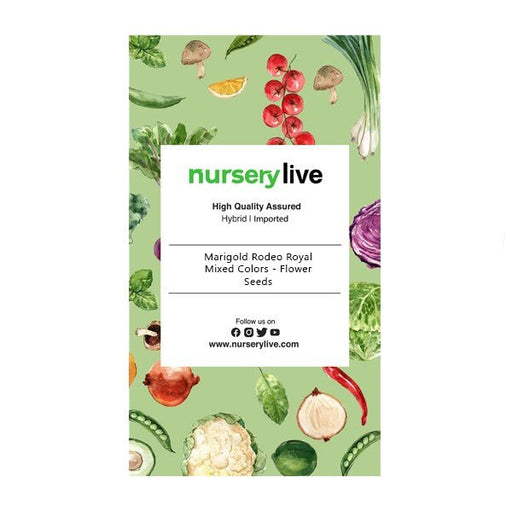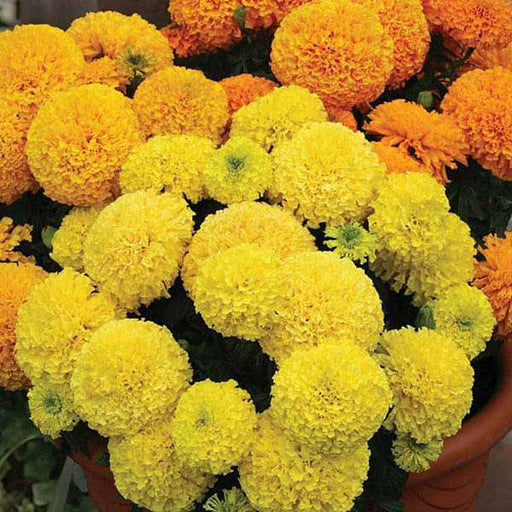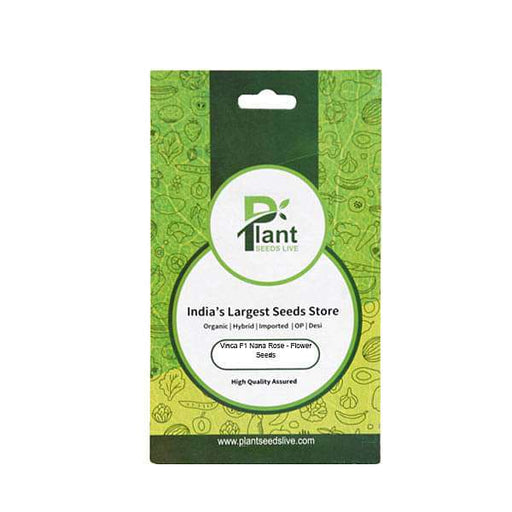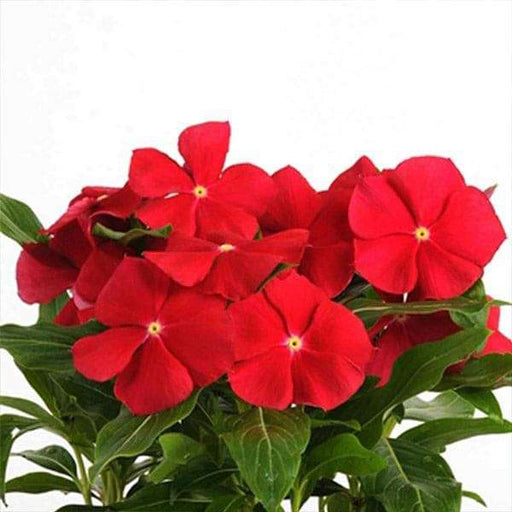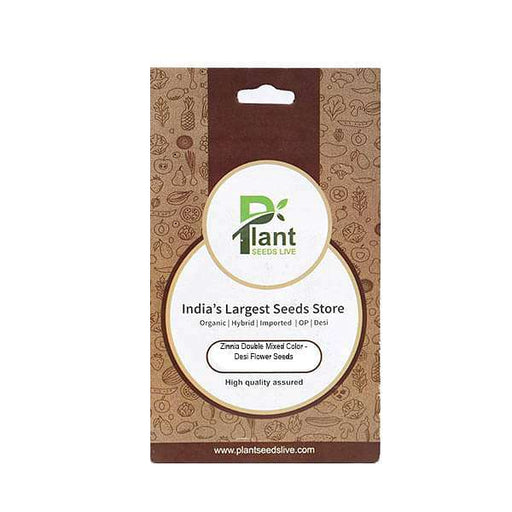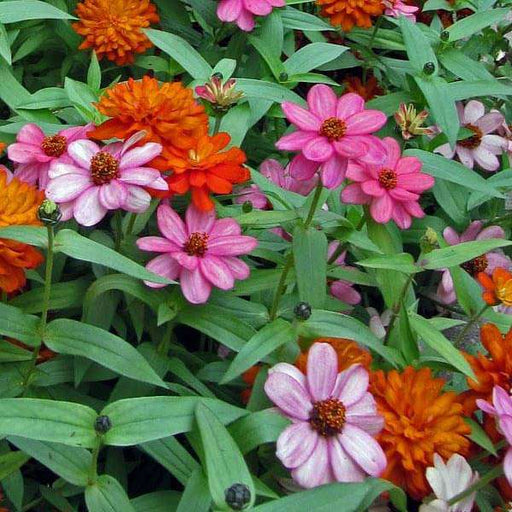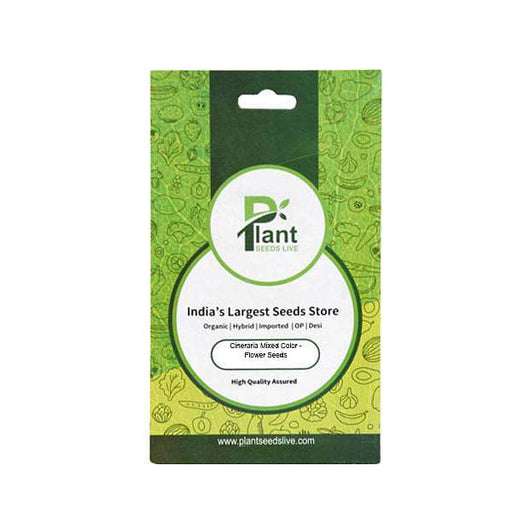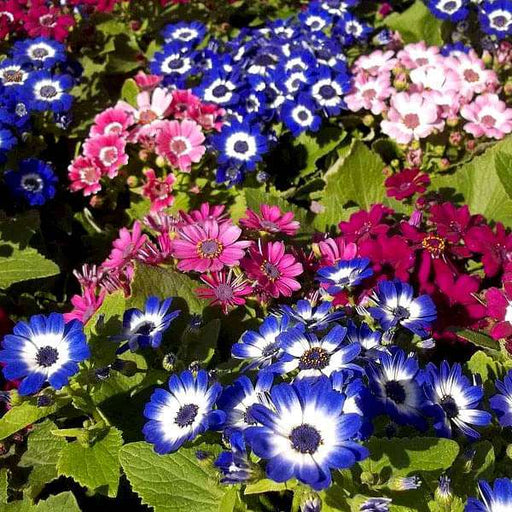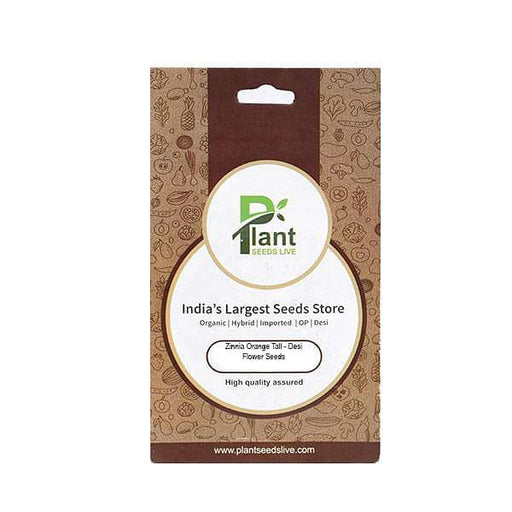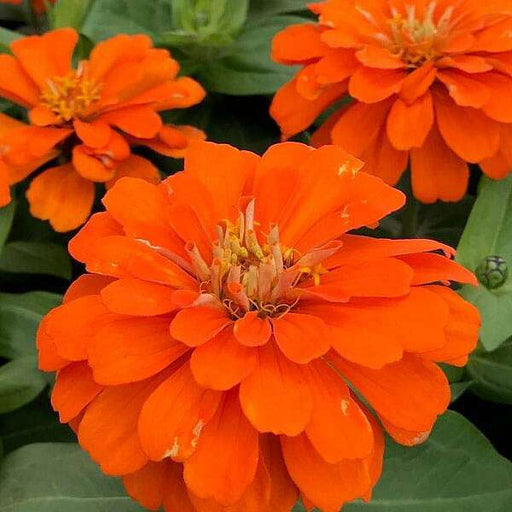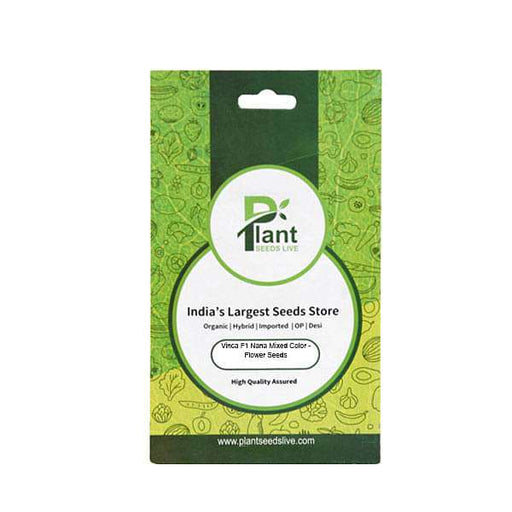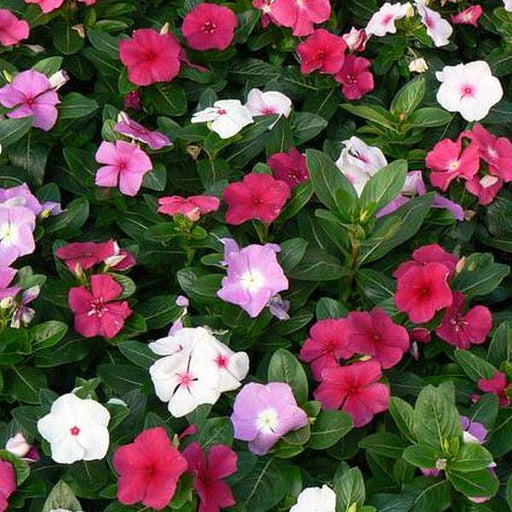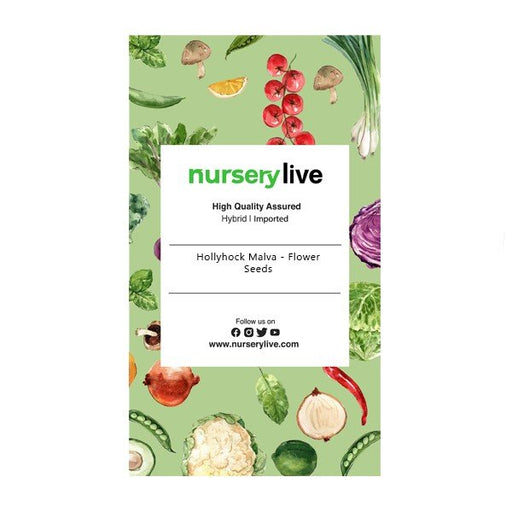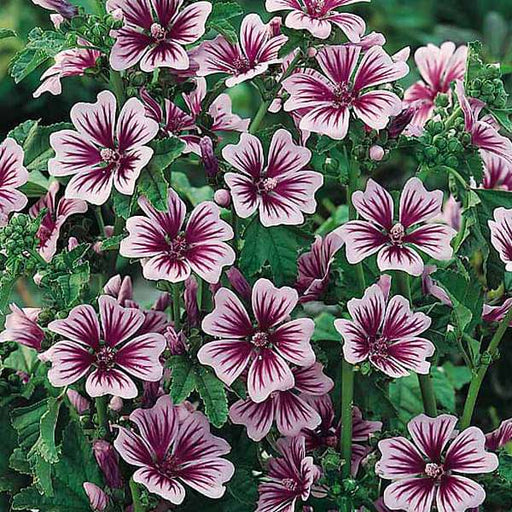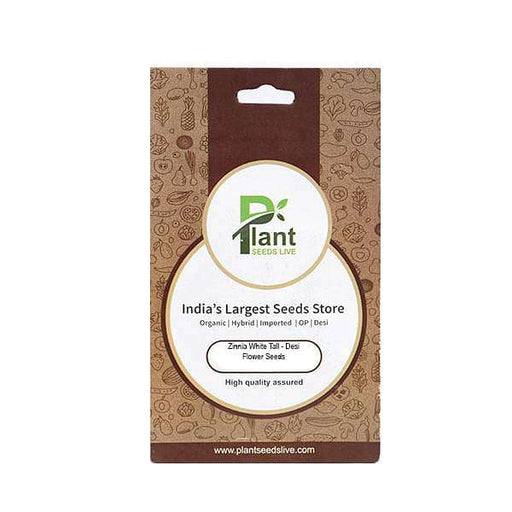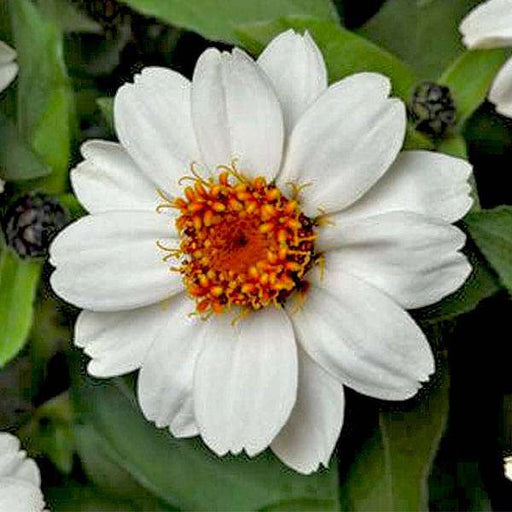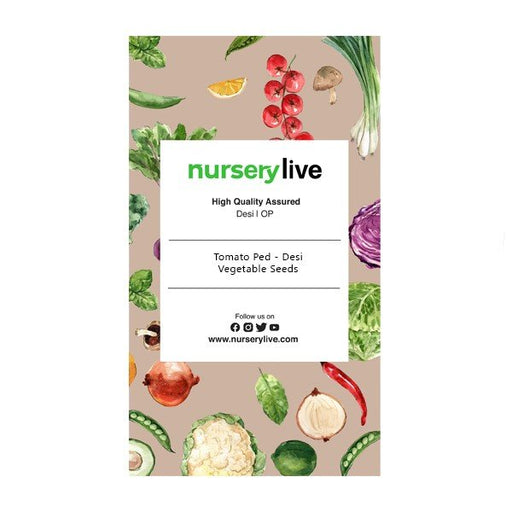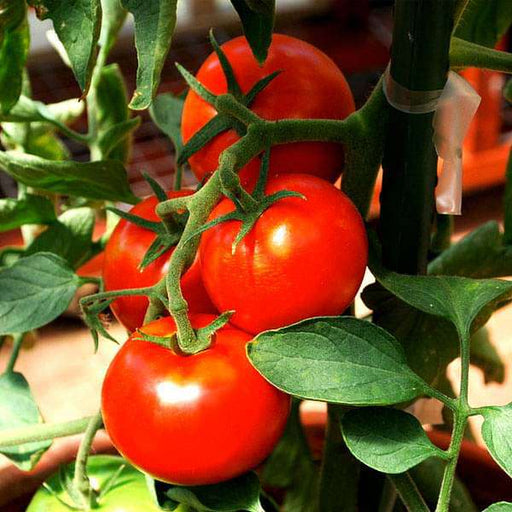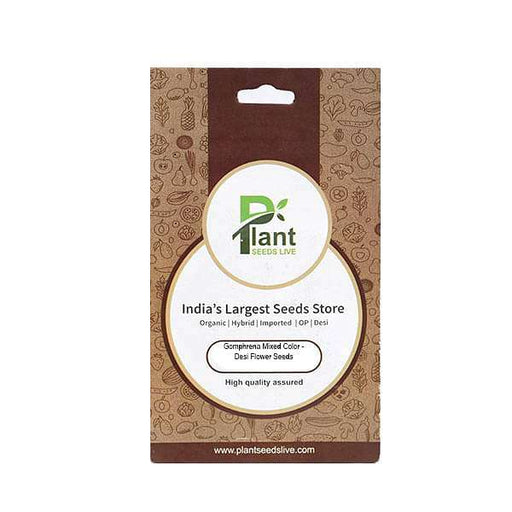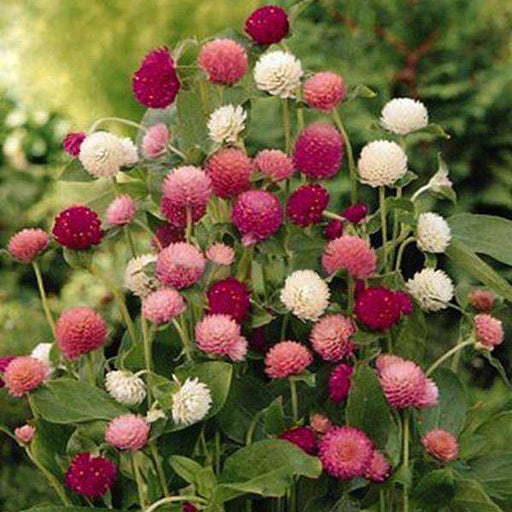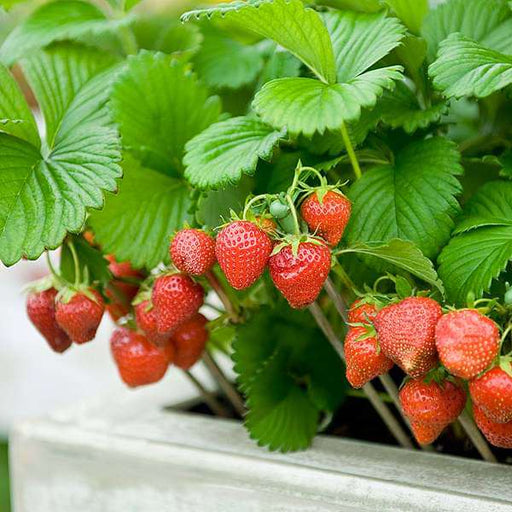Best flowers to sow in the rainy season
Sowing flower seeds in the rainy season can be tricky, but there are certain flowers that thrive in wet conditions. Some of the best flowers to sow in the rainy season include marigolds, zinnias, cosmos, and petunias. These flowers not only add color to your garden but also attract bees and other pollinators.
Tips for sowing flower seeds in the rain
Sowing flower seeds in the rain can be a challenge, but with a few tips, you can ensure successful germination. One of the key tips is to avoid sowing seeds in waterlogged soil. Instead, wait for the rain to stop and the soil to dry out slightly before sowing your seeds. It's also important to choose the right type of seeds that can withstand wet conditions.
Benefits of sowing flower seeds in the rainy season
Sowing flower seeds in the rainy season has several benefits. The rain provides natural moisture to the soil, which means you don't need to water your plants as often. The wet conditions also help the seeds germinate faster. Additionally, the rain can wash away any pests or diseases that might be present in the soil.
How to protect your flower seeds from heavy rain
While rain is essential for the growth of plants, heavy rain can damage your flower seeds. To protect your seeds from heavy rain, cover them with a layer of mulch or a plastic sheet. You can also create a small shelter using a tarp or an umbrella.
Importance of well-draining soil for sowing flower seeds
Well-draining soil is crucial for successful germination of flower seeds. Soil that retains too much water can lead to root rot and other fungal diseases. To ensure your soil is well-draining, you can mix in some sand or perlite.
How to sow flower seeds in pots during the rainy season
Sowing flower seeds in pots during the rainy season is a great way to ensure they get the right amount of moisture. To do this, fill your pot with well-draining soil, sow your seeds, and cover them with a layer of mulch. Make sure your pot has drainage holes to prevent waterlogging.
Best time to sow flower seeds in the rainy season
The best time to sow flower seeds in the rainy season is right after a heavy rain shower. This is when the soil is moist and ideal for seed germination. However, if you're expecting heavy rain, it's best to wait until the rain has passed and the soil has dried out slightly.
How to make your own seed-starting mix for rainy season sowing
Making your own seed-starting mix for rainy season sowing is easy and cost-effective. To do this, mix together equal parts of peat moss, vermiculite, and perlite. This mix is ideal for seed germination and ensures good drainage.
Common mistakes to avoid when sowing flower seeds in the rainy season
Sowing flower seeds in the rainy season can be tricky, and there are several mistakes you should avoid. One common mistake is sowing seeds in waterlogged soil. Another mistake is overwatering your seeds, which can lead to rot.
How to choose the right flower seeds for rainy season sowing
Choosing the right flower seeds for rainy season sowing is important for successful germination. Look for seeds that are labeled as suitable for wet conditions or can tolerate damp soil. Some good options include sunflowers, asters, and snapdragons.
How to care for your seedlings after rainy season sowing
Caring for your seedlings after rainy season sowing is crucial for their survival. Make sure to water your seedlings regularly, but avoid overwatering as this can lead to fungal diseases. You can also use organic fertilizers to promote healthy growth. Once your seedlings have grown a few inches tall, you can transplant them into your garden or into larger pots.
Importance of sunlight for rainy season sown flower seeds
While rain is important for seed germination, sunlight is equally crucial for the growth of your flowers. Make sure to place your pots or seedlings in an area that receives ample sunlight. If your garden is shady, consider planting shade-tolerant flowers like impatiens or begonias.
Best containers for rainy season sowing
Choosing the right containers for rainy season sowing is important for the success of your seeds. Look for containers with drainage holes to prevent waterlogging. You can also use biodegradable containers made from materials like coconut coir or peat moss.
How to prevent fungal diseases in rainy season sown flowers
Fungal diseases can be a problem for flowers sown in wet conditions. To prevent fungal diseases, make sure to space your plants apart to allow for good air circulation. You can also use organic fungicides like neem oil to prevent fungal growth.
Best techniques for watering flowers sown in the rainy season
Watering your flowers correctly is important for their survival in the rainy season. Instead of watering from above, which can wash away the soil, water your plants at soil level. You can also use a drip irrigation system to ensure your plants get the right amount of water.
How to harvest flowers sown in the rainy season
Once your flowers have bloomed, you can start harvesting them. Use sharp scissors to cut the stems at an angle. It's best to harvest your flowers in the morning when the temperatures are cooler. This will help your flowers last longer in a vase.
How to store flower seeds for next year's rainy season
If you have leftover flower seeds from this year's rainy season, you can store them for next year. Make sure to store your seeds in a cool, dry place, away from direct sunlight. You can also place your seeds in an airtight container to prevent moisture.
Benefits of companion planting for rainy season sown flowers
Companion planting is a technique where you plant different types of plants together to promote their growth. In the rainy season, you can use companion planting to prevent soil erosion and attract beneficial insects like ladybugs and lacewings.
How to propagate rainy season sown flowers
Propagating your rainy season sown flowers is a great way to increase your garden's diversity. You can propagate your flowers by taking stem cuttings or dividing the root ball. Make sure to use a sharp knife or pruning shears to prevent damage to your plants.
Best practices for preparing your garden for rainy season sowing
Preparing your garden for rainy season sowing is important for the success of your seeds. Make sure to remove any weeds or debris from your garden bed. You can also add organic compost to improve soil fertility. Finally, make sure to choose a well-draining area for your seeds.


